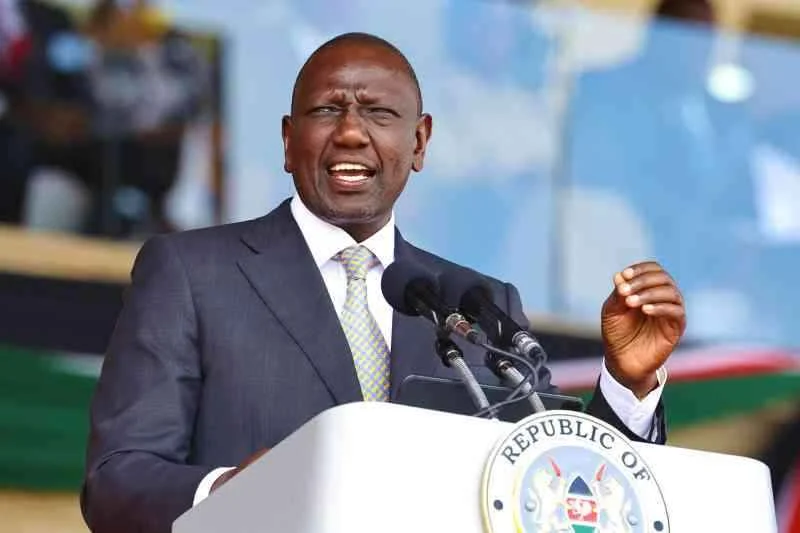
Summary:
- Kenya contemplates ending the G-to-G oil deal, acknowledging risks and FX market distortions, with the IMF emphasizing careful risk management and budgetary integration for future projects.
The Kenyan government, facing shilling instability, is considering an exit from the government-to-government (G-to-G) oil deal.
The IMF reports, “The G2G oil import scheme continues to evolve but potential risks, including FX market segmentation, remain.”
Actual monthly import volumes fell below agreed minimums, attributed to reduced demand in domestic and regional markets.
Keep Reading:
- A man faked his own death to avoid rape charges, now he’s stating in court that he’s someone else
- Israeli Envoy Urges Clarity From Canada On ICJ Genocide Case
- Biden Affirms Continued Airstrikes On Yemen’s Houthis Amid Escalating Tensions
- The Trump Factor: PM Trudeau Addresses Canada’s Challenges And Concerns
IMF staff closely monitors associated risks, citing potential FX market segmentation, implications for banks’ FX risks, and the risk of a disorderly exit without a strategy. By mid-November 2023, oil imports under the scheme totaled US$3.7 billion, with settled letters of credit exceeding US$784 million.
“The government intends to exit the oil import arrangement,” affirms the Kenyan Treasury, recognizing distortions in the FX market and increased rollover risk in supporting private sector financing facilities.
The commitment remains to seek private market solutions in the energy sector.
IMF underscores the need for careful risk management, stating, “Risks from the G-to-G oil imports scheme and contingent liabilities should be managed carefully.”
It also recommends containing future risks from Public Private Partnership projects through integration into the budgetary process and the imposition of a limit on their total stock.
